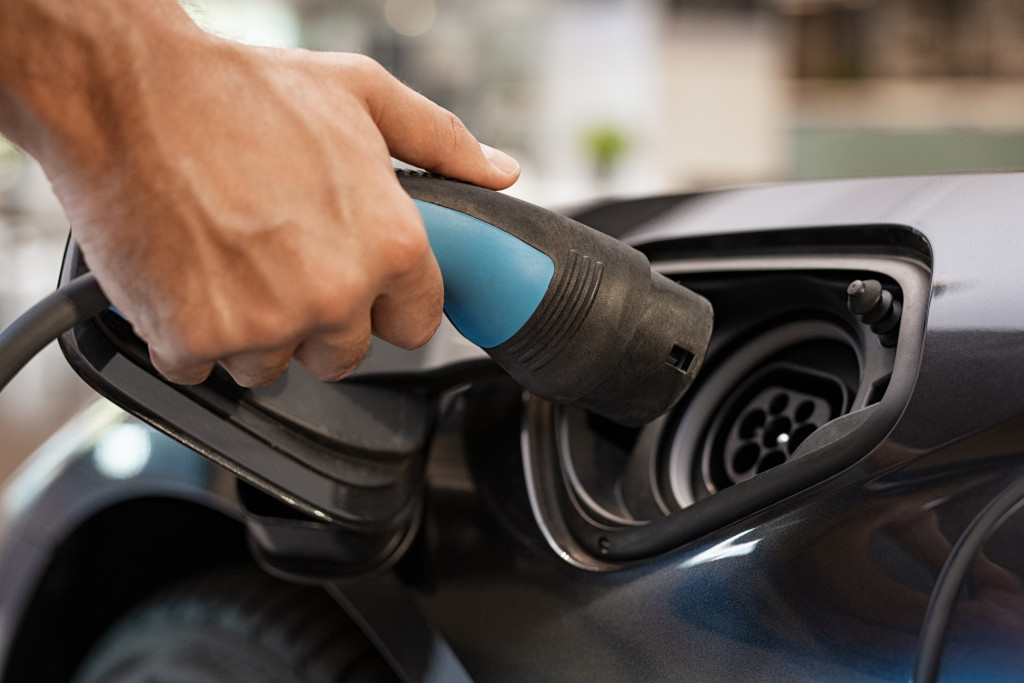- Buyers should know ongoing maintenance, insurance premiums, fuel costs, and more.
- Maintenance and repair costs may be significantly higher than what you’d pay for standard vehicles.
- Insurance premiums may be higher for luxury cars.
- Fuel costs should be taken into consideration when calculating total ownership costs.
Luxury cars are an aspirational purchase—something people save up for and dream about owning. But before deciding to invest in a luxury car, it’s essential to understand all the costs associated with ownership. True ownership costs include more than just the sticker price; you’ll need to factor in ongoing maintenance, insurance premiums, fuel costs, and more. Let’s take a closer look at the cost of owning a luxury car so you can make an informed decision.
Maintenance & Repair
Luxury cars often require specialized care and service, which can be costly. You may need replacement parts specific to your model or brand, which could cost significantly more than what you’d pay for generic parts for other vehicles. For example, repairs for a Porsche may include replacing a battery for $650, while the same part may cost just $150 to replace in a standard car. In addition, some luxury car manufacturers have strict rules about where their vehicles can be serviced, meaning you may be limited in where you take your car for repairs or maintenance work. And keep in mind regular oil changes and other routine services—these can add up quickly too!

Insurance Premiums
Insurance premiums are another expense that comes along with owning a luxury car. Generally speaking, insurance companies charge higher premiums for luxury cars because they are more expensive to repair and replace in case of an accident or theft. Shop around and compare rates from different providers before settling on one insurer; this way, you’ll be sure you’re getting the best deal possible on coverage for your new ride!
Collision Insurance
Collision insurance is integral to owning a luxury car, as it can help cover the repair or replacement costs associated with an accident. This coverage helps protect drivers from the financial burden of repairs or replacements should they be involved in a collision. Look at the coverage options available and understand what kind of protection is included. For example, some policies may only cover repairs or replacements up to a certain dollar amount, while others may provide more comprehensive coverage.
Liability Insurance
Liability insurance helps protect you from financial responsibility in the event that you are found legally responsible for causing an accident. This type of coverage typically covers bodily injury and property damage up to a certain amount, as well as other related costs such as legal fees. Be sure to read through the policy details carefully to understand what kind of coverage is included and how much you may be responsible for in the event of an accident.
Personal Injury Protection
Personal injury protection, or PIP insurance, typically pays for medical expenses and lost wages if you or your passengers are injured in a car accident, regardless of who is at fault. PIP can also provide compensation for related costs such as funeral expenses, rehabilitation, and other medical costs. In some states, PIP is required for drivers to register their cars; check with your state’s DMV to find out what the requirements are for luxury car owners.
GAP Insurance
GAP insurance, or Guaranteed Asset Protection, covers the difference between the actual cash value of your car and the amount you still owe on it if it’s totaled in an accident. GAP insurance is vital for luxury car owners because they often owe more than their vehicle is worth due to depreciation. In addition, GAP insurance can cover any differences between what your regular insurance covers and what you owe on the car.

Fuel Costs
Fuel economy is often overlooked when calculating total ownership costs, but it shouldn’t be ignored! Many luxury cars have larger engines that consume more fuel than smaller models. This means higher fuel costs over time, which adds up quickly if you drive a lot! To get an idea of how much money will be spent on gas each month, consider using online tools like GasBuddy, which estimates how much you’ll pay based on how many miles per gallon your vehicle gets and how much gas prices are in your area.
There is no denying that owning a luxury car comes with some significant upfront and ongoing expenses—but those expenses don’t necessarily have to break the bank either! When done right (and with careful research), owning a luxury car can be both enjoyable and affordable if budgeted correctly. Understanding true ownership costs ahead of time allows potential buyers to make informed decisions based on their financial situation—so do yourself (and your wallet) a favor by doing some homework before signing on the dotted line!
